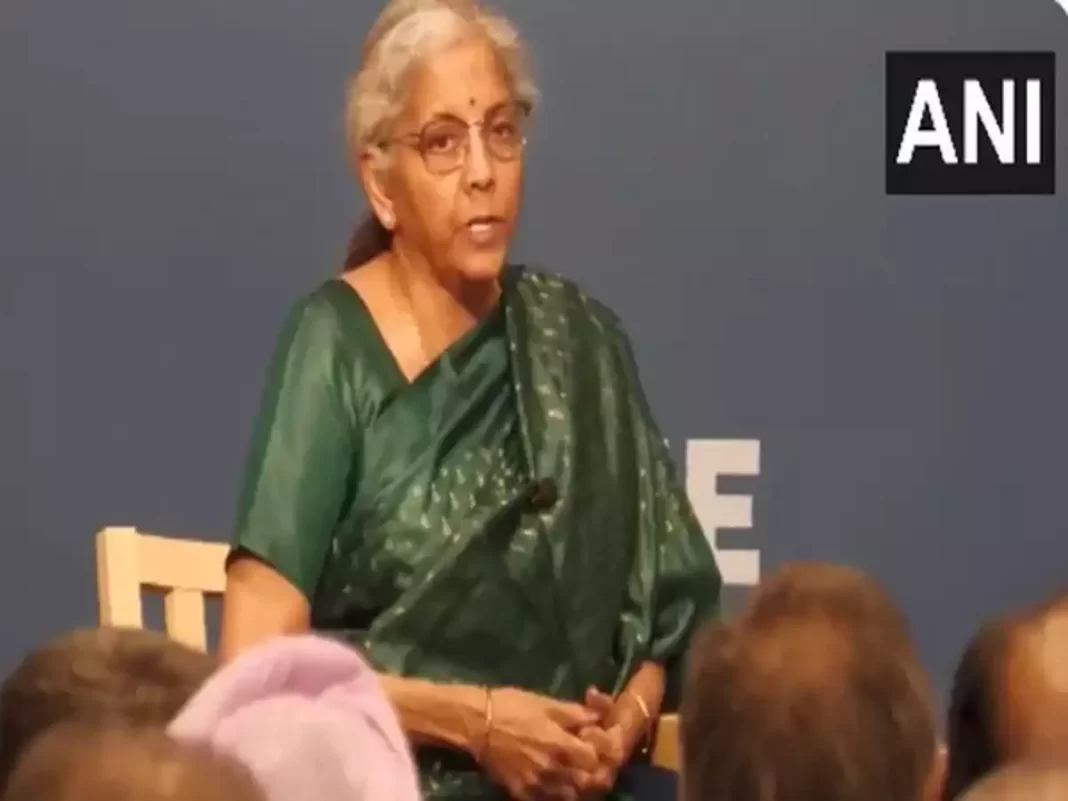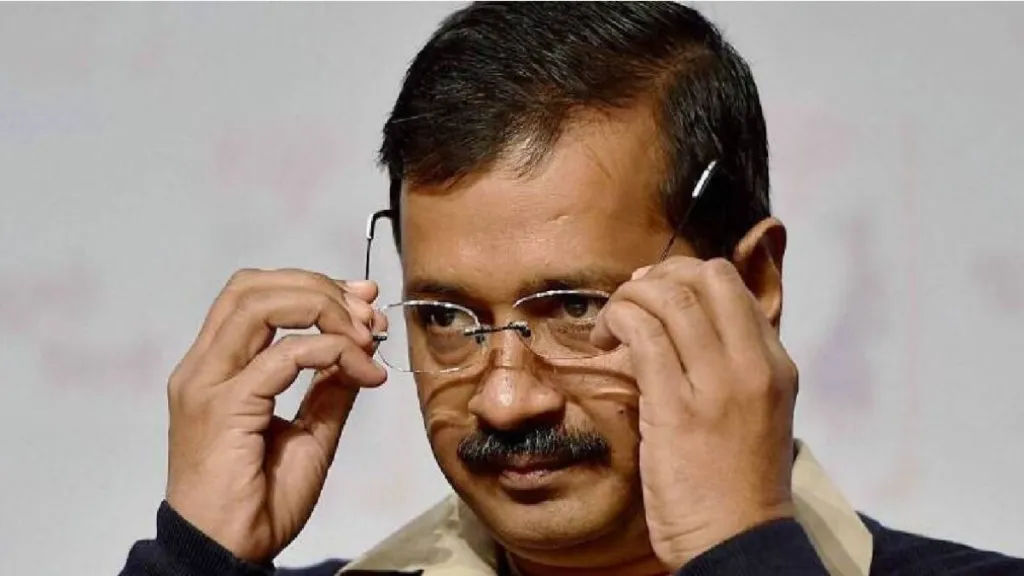On Friday, Finance Minister Nirmala Sitharaman stated the UK free trade agreement’s finalization is nearing completion. At the B20 Summit in India 2023, Sitharaman explained the possibility of imminent discussions with Canada on the subject.
On Thursday, Kemi Badenoch, the UK’s Secretary of State for Business and Trade, signaled advancing India trade deal talks. He emphasized ongoing talks on business mobility in the proposed agreement and clarified that it doesn’t encompass broader visa liberalization.
Throughout the B20 Summit, the Union Finance Minister praised India’s Q1 performance and forecasted a positive GDP figure for the same period.
“India has showcased an accelerated pace of economic reforms in the past nine years,” she continued.
“Government’s priority is to tame inflation,” according to Sitharaman. Amidst the backdrop of escalating inflation in India due to higher vegetable costs, she consequently and accordingly issued this statement.
In July, retail inflation surged to a 15-month peak of 7.44%, exceeding the Reserve Bank of India’s 4+/-2% range. RBI Governor Shaktikanta Das stressed supply-side policies in the publicly disclosed minutes of Wednesday’s MPC meeting. He emphasized preventing food shocks from leading to widespread price increases across the economy.
He documented in the minutes, “Headline consumer price index (CPI)-based inflation is expected to harden significantly in July-August, driven by the spike in tomato and other vegetable prices.”
On August 10, the RBI released its bimonthly monetary policy. The main interest rate, known as the repo rate, remained unchanged for the third consecutive month.
Speaking at the B20 summit, FM Sitharaman stated that “Elevated interest rates for a considerable time can come in the way of economic recovery.”
She underscored that the “Financing climate is a key factor for sustaining global economic recovery.” Furthermore, she added that due to high budget capex, one can now sense the “Green shoots of private capital expenditure upcycle.”
The finance minister continued, “We need to cushion us sufficiently against any possible shocks; need to diversify supply chains quickly.”



